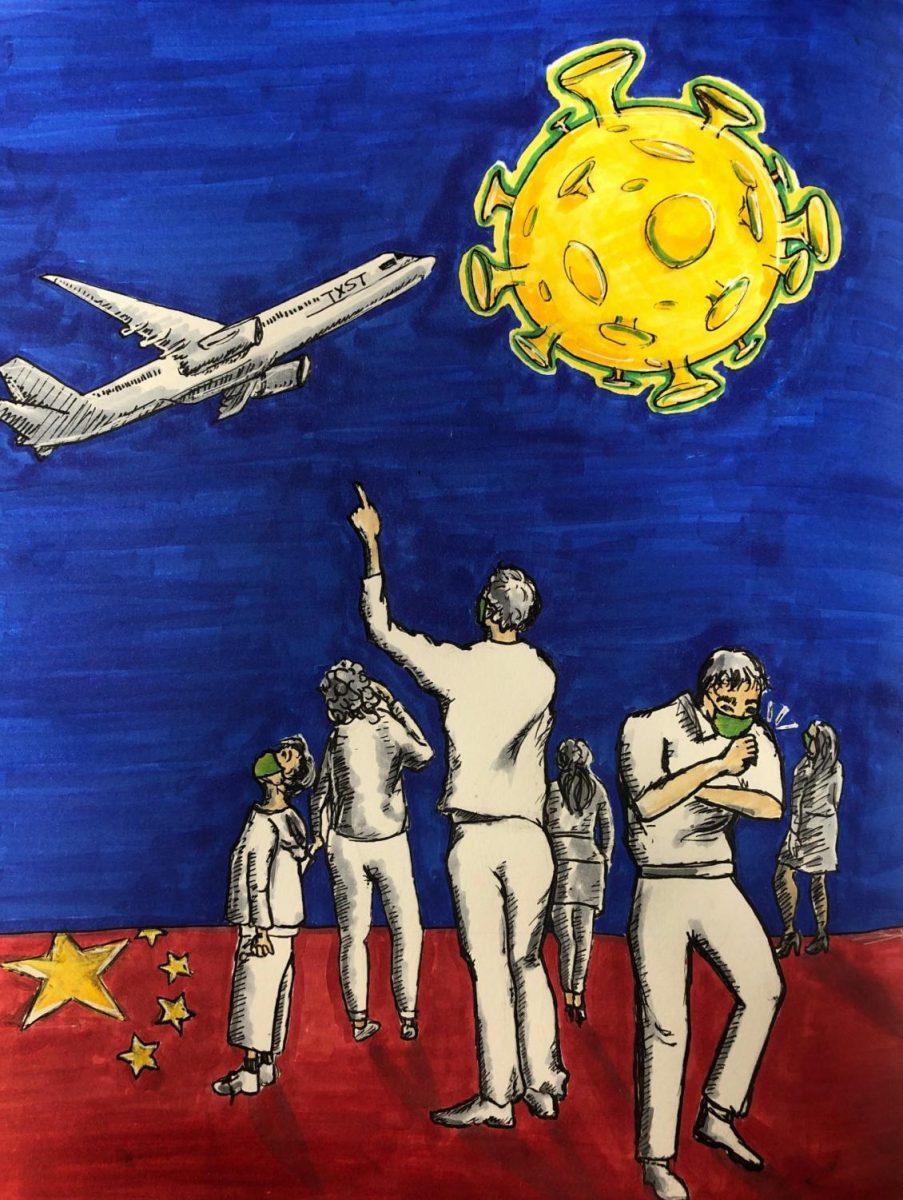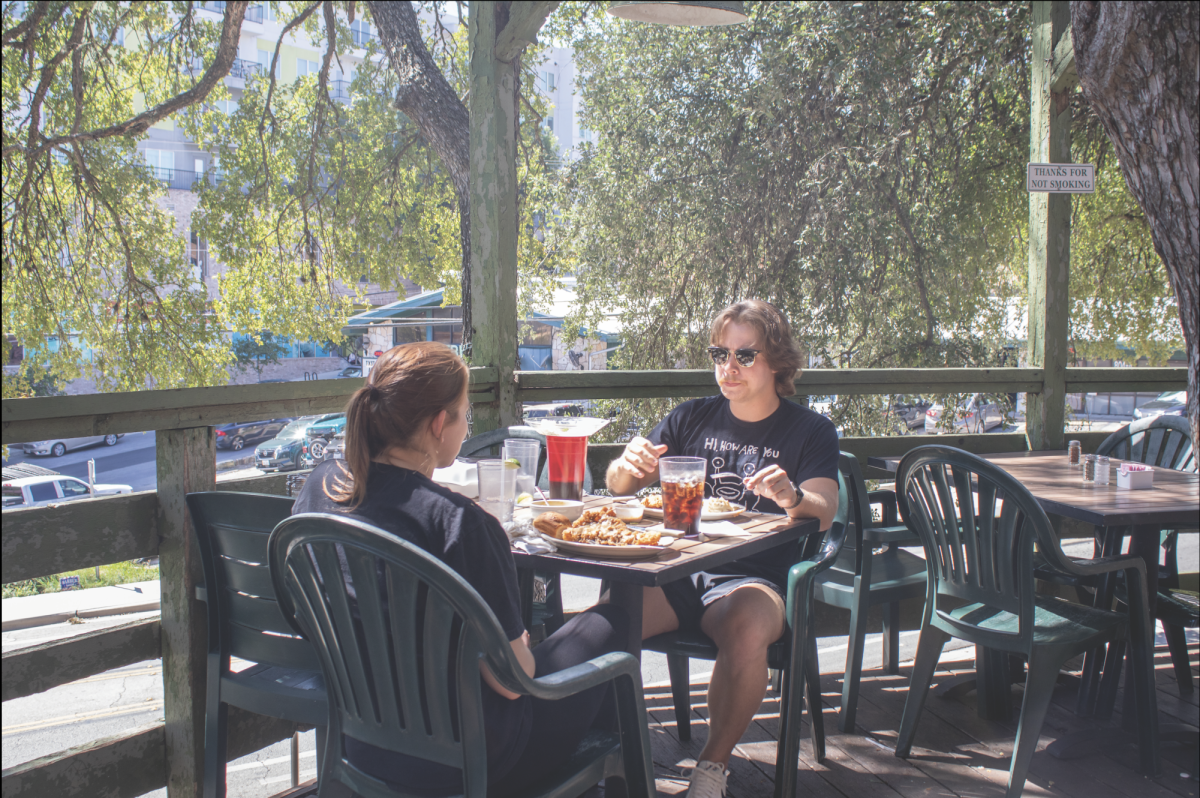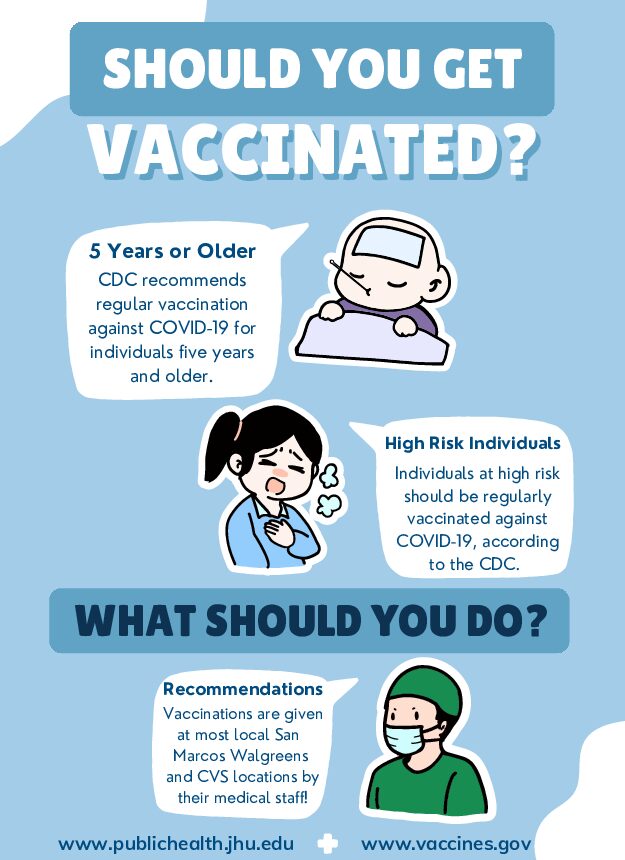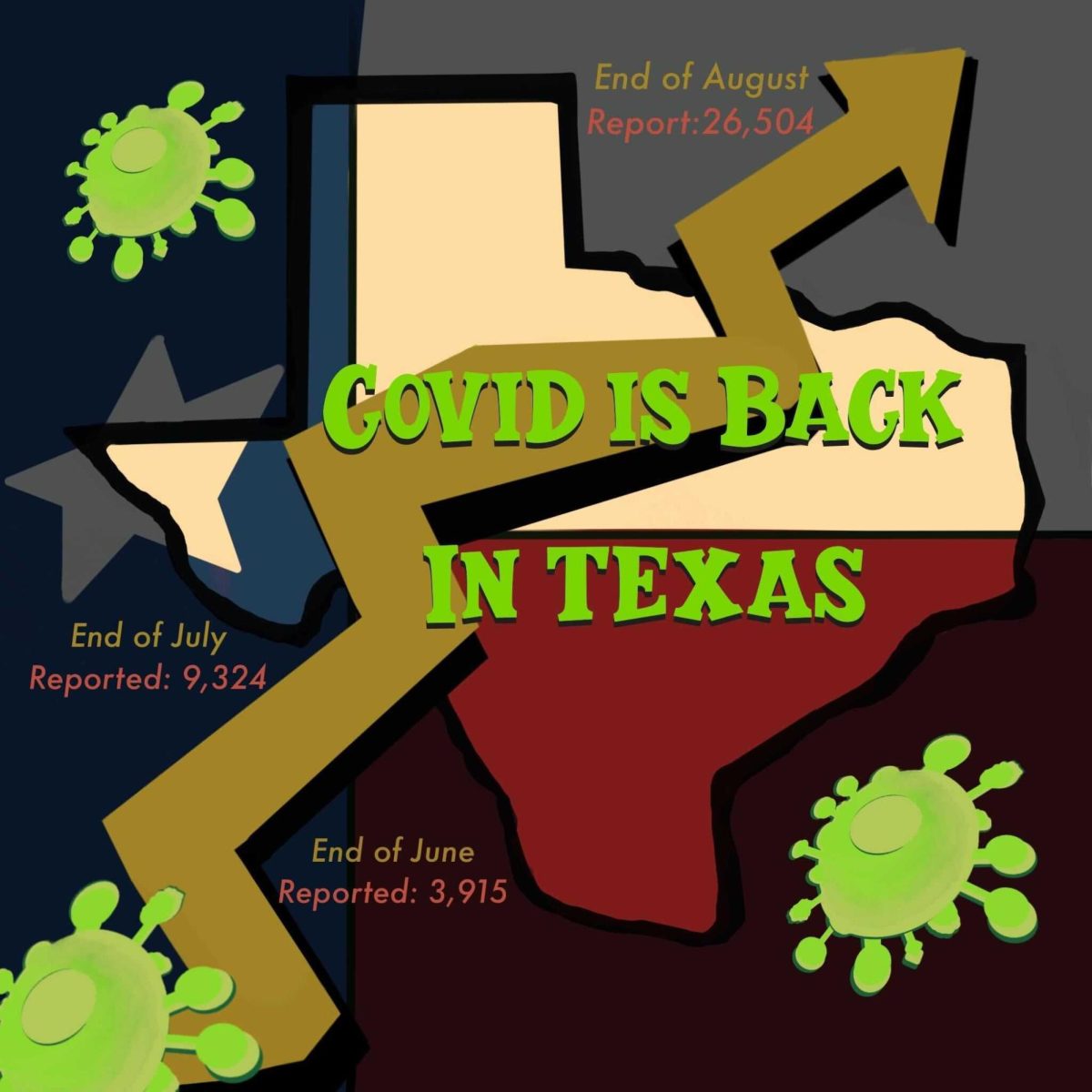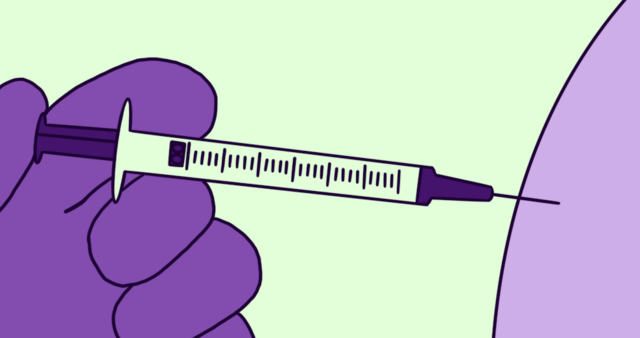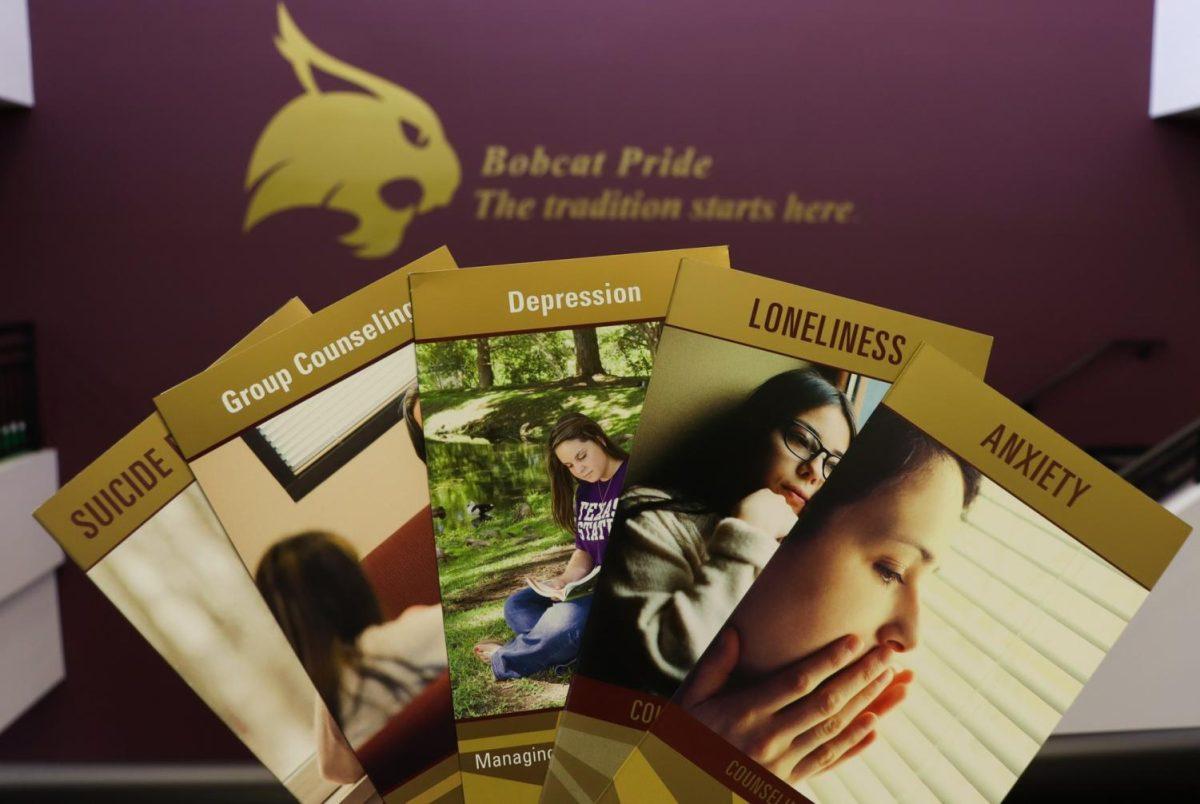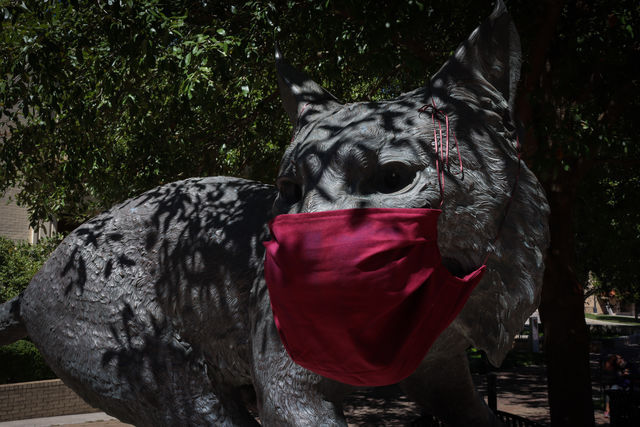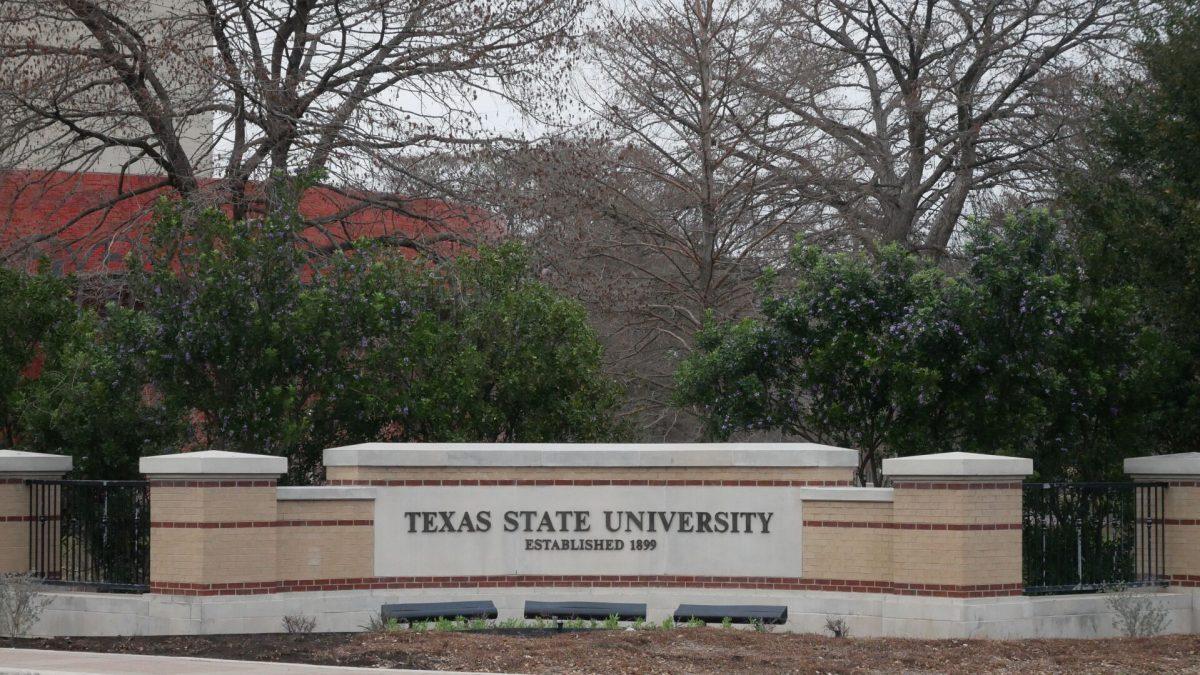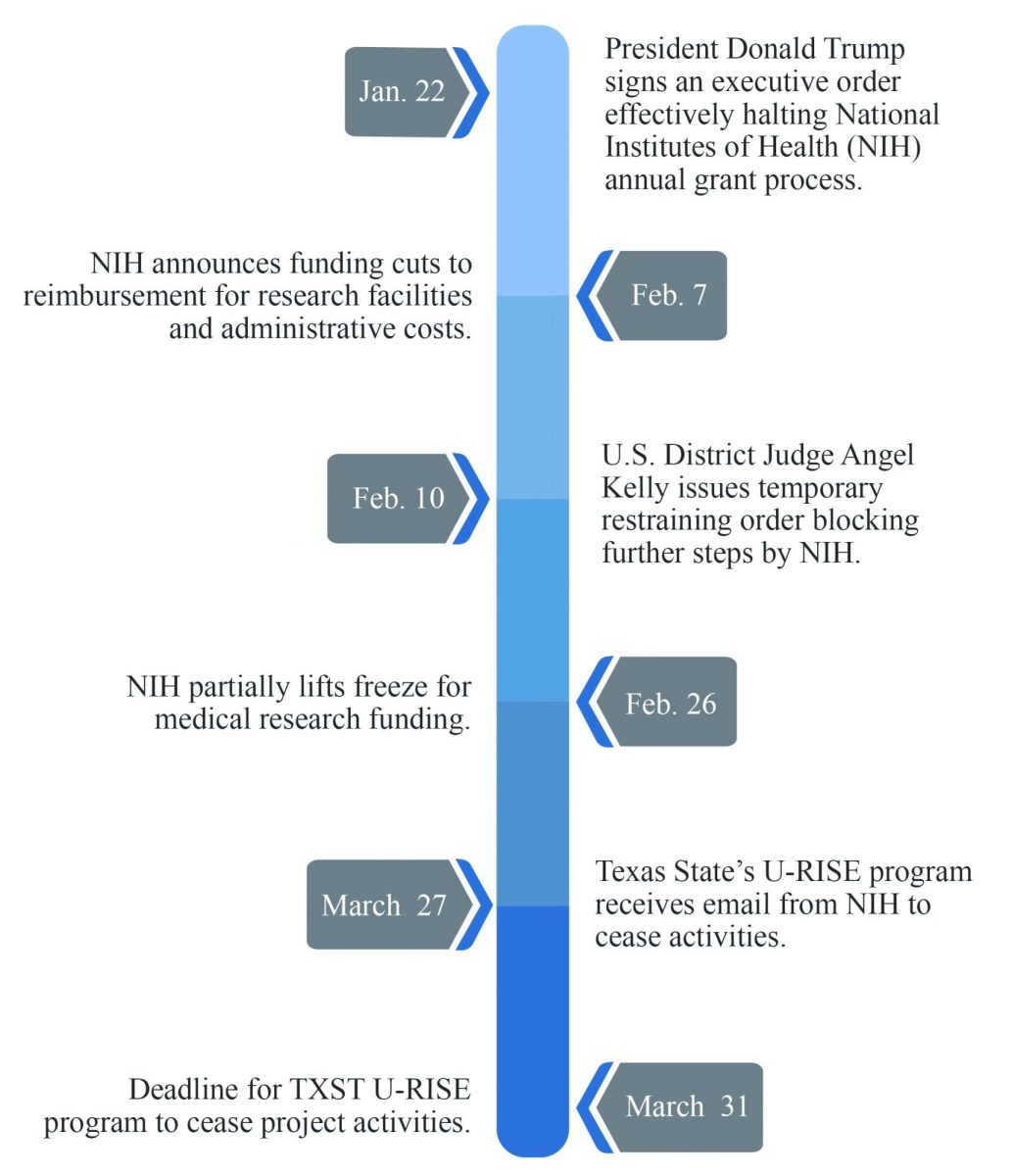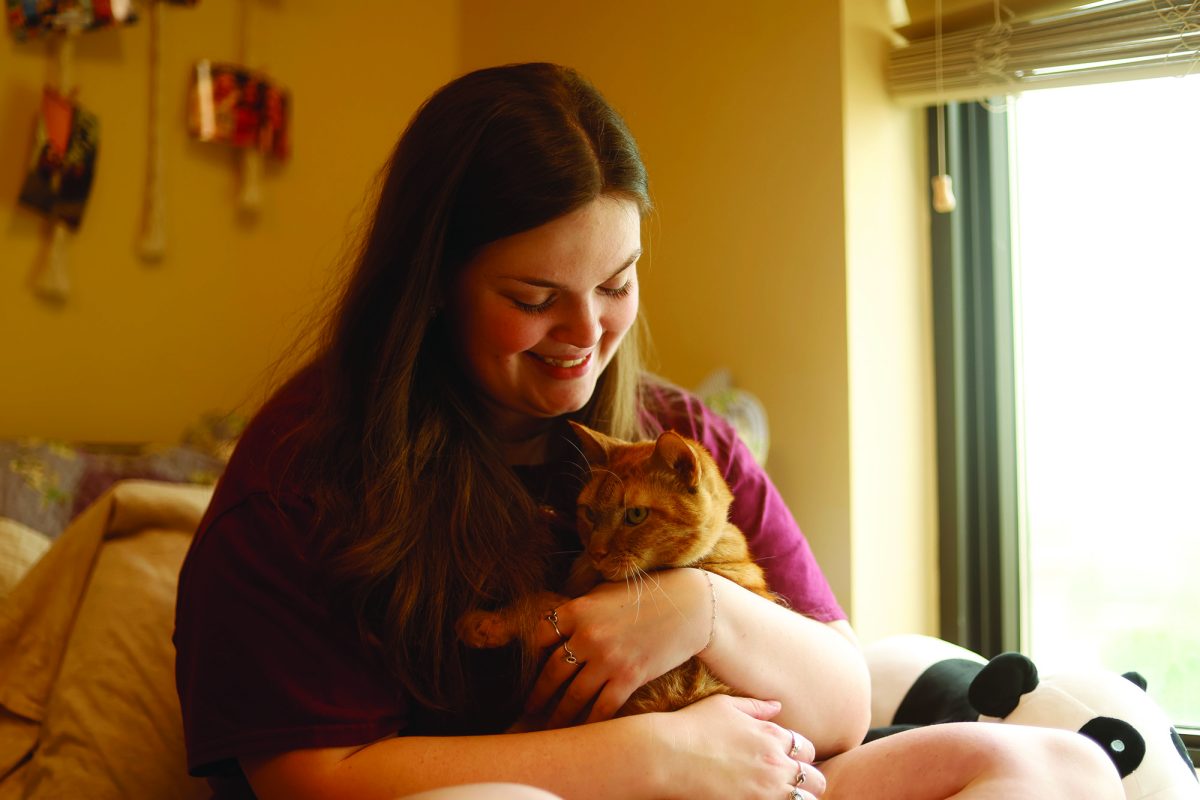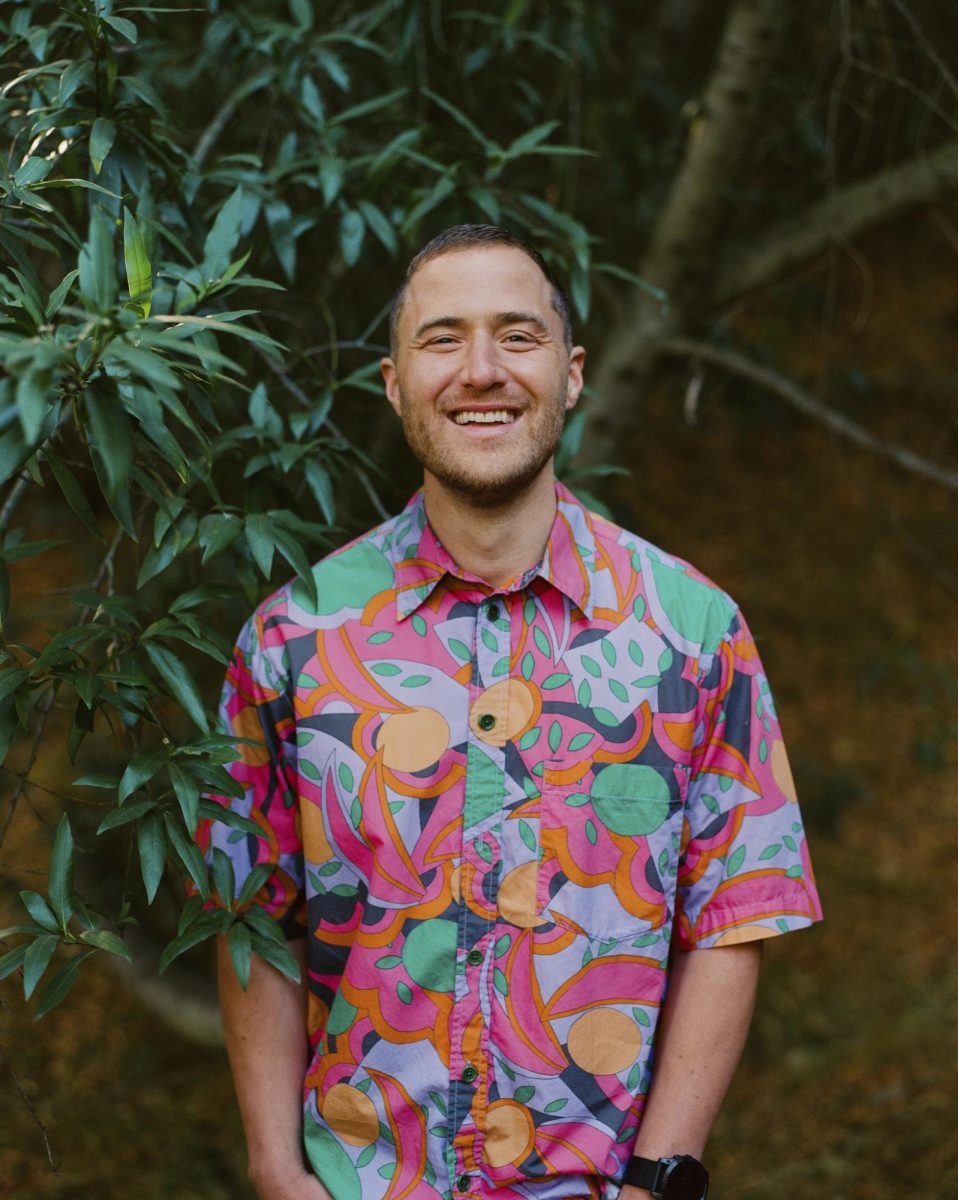Editor’s note: This article was edited 3/25/2020 to reflect current information about study abroad trips to South Korea and Japan which were also canceled due to mounting concerns of the novel coronavirus (COVID-19.)
Texas State canceled a planned summer 2020 education abroad trip to China Jan. 30 in response to growing cases of the novel coronavirus in the country. Other study abroad trips to South Korea and Japan were also canceled as a result.
The university joins Texas Christian University, The University of Texas and Texas A&M University in taking precautionary steps in response to the outbreak. The press release issued by the university states the cancellation is in accordance with the Texas State University System travel policy.
According to the Texas State University System travel policy, students cannot undertake official travel to regions under advisory level 3 or 4 by the U.S. Department of State. The U.S. Department of State upgraded its travel advisory toward China to “Level 4 – Do Not Travel” Feb. 2.
Associate Director for International Affairs Isis de la O said the cancellation of the program was to ensure the safety and well-being of the prospective study abroad students.
“The health and safety of our students is our top priority,” de la O said. “Texas State will continue monitoring updates from the Centers for Disease Control, U.S. Department of State and will collaborate with a third-party travel security specialist that advises on the risks associated with travel to different areas around the world.”
de la O said students were offered to move to another program and full refunds were issued.
The coronavirus disease 2019, officially designated COVID-19 by the World Health Organization, is a respiratory disease in the coronavirus family. COVID-19 causes symptoms akin to influenza, or the flu, including runny nose, sore throat, cough and fever.
San Marcos Premier ER Medical Center Medical Director Dr. Robert Barnwell said study abroad opportunities add additional risk of spreading infection, though the risk is still low.
“I think any colleges are a little unique in having study abroad programs. Of course, if someone has studied abroad in China, then there is that potential,” Barnwell said. “But there’s been only 14 cases in the United States and you have 320 million people here. So the risk (of spreading) is pretty low.”
As of Feb. 21, the Centers for Disease Control has confirmed 14 cases of the virus in the U.S., classifying 12 as “travel-related” and two as “person-to-person spread” respectively.
Reported cases in College Station and Waco came back negative after testing, with three confirmed “travel-related” cases in San Antonio. Affected individuals are currently being held in Lackland Air-force Base.
Of the 75,204 confirmed global cases, 924 cases have been confirmed outside of China, according to a Feb. 19 WHO report.
Infogram
Central Texas Medical Center Registered Nurse and Infection Preventionist Eileen Haag said older persons and those with comorbidities, or two or more pre-existing conditions, are more susceptible to the virus. However, she said students should still take preventative measures.
“Students should always take precautions with respiratory etiquette, meaning staying home when you’re sick, avoiding sick people and cleaning your hands,” Haag said. “But this particular virus has not really impacted young people. This has more of an impact inn older people or people with different comorbidities.”
Coronaviruses are commonly found in animals, including camels, cattle, cats and bats. In the past, animal coronaviruses have infected people and spread between people, examples being MERS-CoV in 2012 and SARS-CoV in 2003.
The complete genetic sequence of COVID-19 has already been mapped out by researchers, signaling a prospective vaccine could be available in the coming months, according to Barnwell.
“Within about two weeks of the case, scientists in China were able to sequence the entire genome of the virus when it took four or five months before SARS was sequenced,” Barnwell said. “All of the researchers can now make the vaccine from that… it usually takes years to decades to make a vaccine but now, with the technology they have and with genetic sequencing, they can make it in months.”
No Texas State students were on official education abroad trips in China at the time of the announcement.
More information on COVID-19 can be found on the CDC’s website and WHO’s website. Students can schedule an appointment at the Student Health Center by calling 512.245.2161.
Premier ER has been an advertising partner with the University Star in the past.



